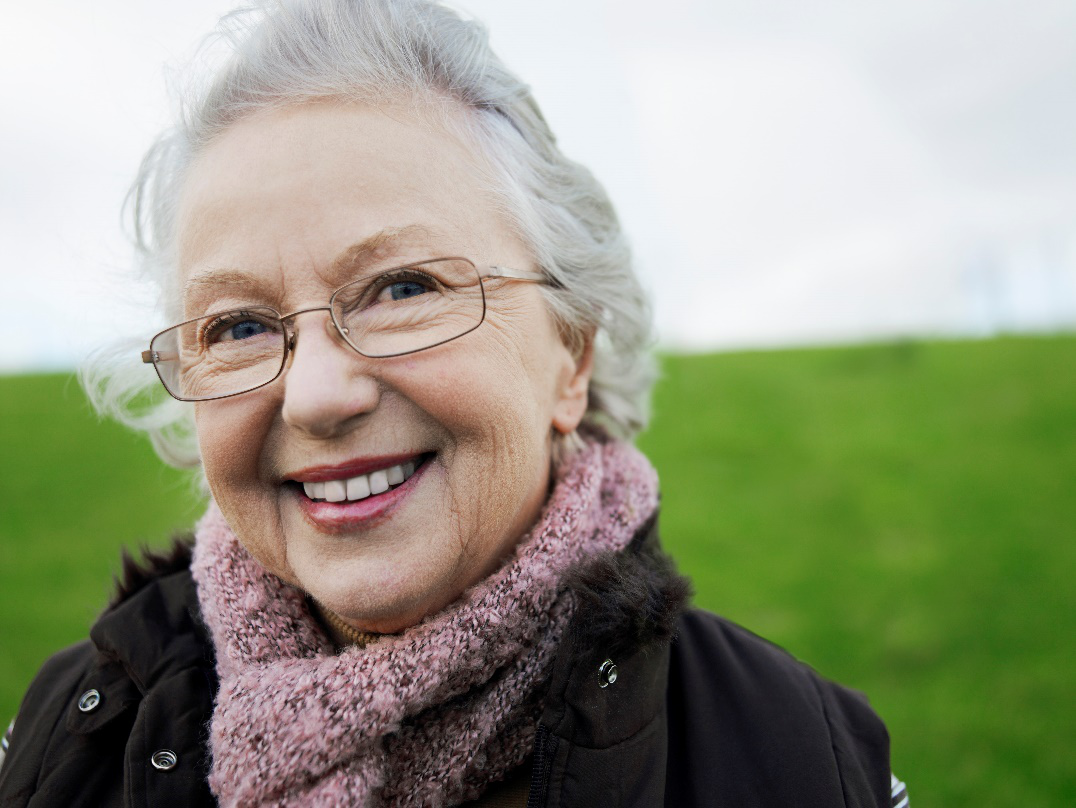Some of the leading causes of vision loss include refractive errors, age-related macular degeneration, glaucoma, and diabetic retinopathy. These conditions have a huge impact on eye health, making day-to-day activities a constant battle. If you are a caregiver, read on to take an objective look at vision loss problems and tips to help seniors.
4 Common Age-Related Eye Diseases:
1. Age-related Macular Degeneration
Age-related macular degeneration is an eye condition that affects a tiny part of the retina. This is at the back of the eye known as the macula. The macula is responsible for your central vision, helps you see detail, color, and things right in front of you. Research says that every one in three people will have aged 80 and over will have varying degrees of macular degeneration. It makes the central vision distorted and blurry. And over time, it can lead to a blank patch in your central vision https://youreyeguardian.com/.
2. Cataract
As you age, the lens inside your eye makes a gradual change. It clouds your vision and inhibits the passage of light reaching the retina. Cataracts develop slowly, but most people will notice changes in vision over time. Patients’ vision becomes cloudy or misty. And cataract patients are more sensitive to bright light, colors fade, and things can look more yellow.
3. Glaucoma
Glaucoma is the name given to the group of eye conditions which can cause optic nerve damage which in turn affects vision. Glaucoma damage may be caused by eye pressure or weakness in the optic nerve resulting in a reduced field of vision, also known as tunnel vision. Glaucoma patients may experience and problems with mobility.
4. Diabetic Retinopathy
Diabetic retinopathy is a leading cause of blindness in people with diabetes and is the most common diabetic eye disease. Diabetic retinopathy patients may suffer from swollen blood vessels which leak blood or fluid. Others may have unusually new blood vessels growing on the surface of the retina. At first, it may not cause vision changes, but over time, it gets worse. You might see spots floating in your vision or general blurring of vision. But eventually, it can result in vision loss or blindness.
5 Tips to Help Seniors with Vision Loss
1.Control Glare
Extended exposure to glare will only worsen each of the above conditions. The best thing you can do to help seniors with vision loss is to limit their exposure to bright light and natural light. If they are out in the open for a long while, make them wear a pair of glasses to keep their eyes protected.
2.Arrange Safe Transport
Eye problems in seniors generally snatch their independence away from them. And this means they will have to rely on your help for mobility. Make sure you make proper and safe arrangements to help them get from one place to another. Whether it is daily commute or occasional travel, make sure there is at least one family member around to ensure there is no compromise on their safety.
3.Modify Home for Safety
Most seniors might want to spend time at home either working on a computer, watching television or engage in simple household activities. To make spaces more accessible for them, modify the living room and bedrooms for their safety.
Ensure slippery floors are covered with rugs and bathroom floors are dry at all times. While the home may seem like the safest place for them to move around, occasional accidents may occur. So do your best to modify your home for optimized mobility.
4.Make Auditory Signals More Clear
Seniors may struggle with vision, but it doesn’t mean that their ability to listen is compromised. They can still hear voices around them. But for that to happen, you need to be loud and clear in your instructions with them. Make use of verbal instructions when offering directions indoors and outdoors. Whether it’s the welcoming of a person or directions to find restrooms make your instructions simple and clear.
5.Proper Illumination in Work Spaces
Seniors may still be able to see enough, but they can’t be struggling with both poor vision and dimly-lit spaces. When older adults are working, provide them with proper illumination so that they don’t have to squint rub their eyes.
Seniors need all the support possible when struggling with eye health. Let them know that you are around to assist them at all times. Check up on them to see if they need extra help with moving around or need spaces clear. Make sure eye problems in adults are treated by a professional who can reverse the signs of poor vision.
Author Bio:
Aaron Barriga is the online marketing manager for Insight Vision Center. With a knack for understanding medical procedures, and an interest in eye and vision health, Aaron loves to share what he knows and what he learns. He blogs with a mission of informing readers about the latest eye care technology and other topics related to eye care and eye health. He loves collecting coasters from the different bars and restaurants he visits during his travels.

